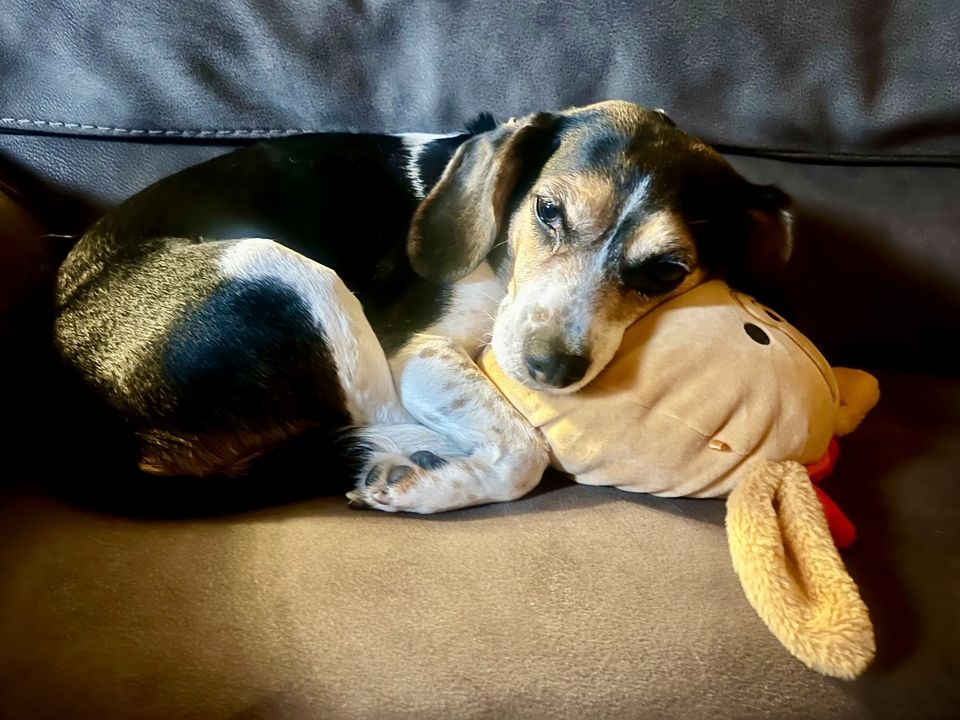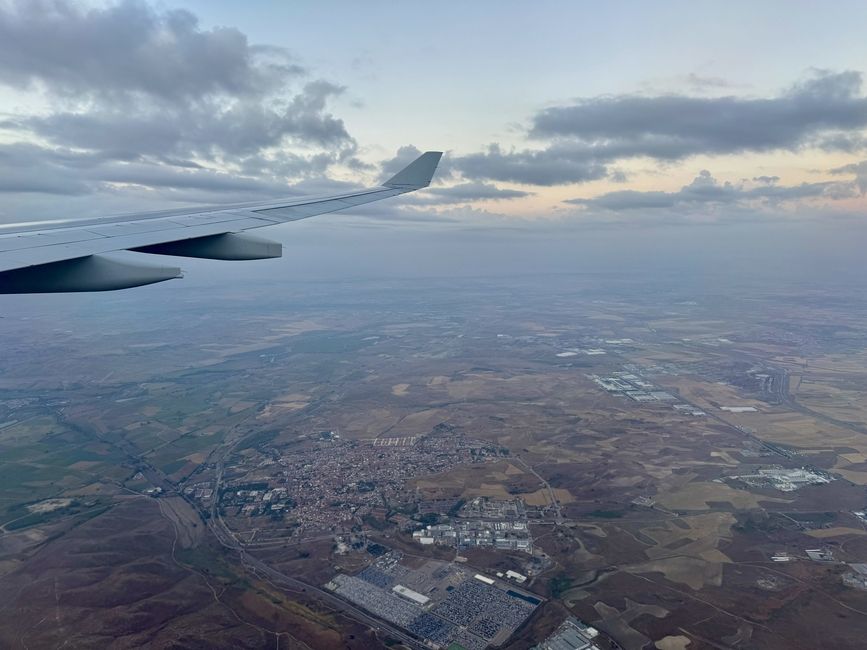5 Tips for Facing Common Travel Problems: Lessons from a Lost Passport
Traveling often brings lots of excitement, but it can also bring nervousness and anticipation of the things that can go wrong. Unfortunately, unexpected mishaps while traveling can happen at any point. I am no stranger to this fact. While I was still living in my college town, my passport and Spanish visa were delivered to my mom’s house, and my family lost them. I found this out about three weeks before my scheduled arrival in Madrid for my CIEE Teach Abroad orientation — and the night before I took the LSAT to get into law school!
I had to drive up to Chicago (again) to get a same-day passport and beg the Spanish consulate to rush my visa application. My passport and visa arrived on a Wednesday, and I flew to Spain four days later. I did end up making it to my orientation on time, and everything worked out. From this experience, and experience with other travel problems like missing a flight and getting sick while living abroad, I have learned a few lessons about how to approach your mindset and reduce stress while traveling. So, here are five tips for facing some of those common travel problems that may arise.

1. Take a Deep Breath
Don’t panic! — this sounds like great advice in theory, but it probably won’t help much right in the moment you’ve realized that something went wrong. My best advice for this is to feel your feelings, cry it out if need be, but give yourself a time limit.
It is absolutely valid to be frustrated and scared when something doesn’t go your way. But, you still have some sort of problem you now need to face, so take a deep breath (or two or three) and try to keep moving forward. One of my personal favorite things to do when stressed is look at pictures of my dogs. But, if your stress starts to cross the line into full-blown travel anxiety, Cleveland Clinic has some advice for managing your symptoms.
2. Start Problem Solving
Once you’ve taken a deep breath and are ready, start figuring out what you need to do to solve your problem. In the case of my lost passport, I had to make an appointment with the U.S. Department of State’s Passport Agency in Chicago. If I had lost my passport while I was already abroad, I likely would have visited the nearest U.S. embassy or consulate.
A quick Google search can likely point you in the right direction. Depending on your situation, it is unlikely that you are the first person to ever face your current problem. If you are going abroad through a CIEE program, I highly recommend getting in touch with your program contact, as they will also be able to support you.
3. Remember You’re Not Alone
Like I said above, you likely aren’t the first person to ever face the issue you’re having. This is very helpful to remember because it can help make your problem feel more solvable. It can also be helpful to seek support from friends and family.
In the summer of 2022, I went to Argentina for CIEE’s Summer Intensive Spanish Language Program. I was flying out of Indianapolis for a connection to Miami, then to Buenos Aires. My flight out of Indianapolis left super late because of a mechanical issue, and I missed my connection in Miami.
The soonest flight from Miami to Buenos Aires was around 11pm the next day. I ended up being a day late to my orientation, but I wasn’t even the only person in my program to arrive late. One of the other students in my program also had a flight delay, so we were able to meet at the airport in Buenos Aires and take a cab together. Travel problems are an unfortunate fact of life, so you’re not alone.
4. Be Polite to the People Helping You
It is easy to be frustrated when you’re facing a difficult situation, but being kind and respectful to the people helping you find a solution will make the process easier for everyone involved. In my experience, they probably already feel some sympathy for you and your situation. Politely explain your situation, and they are likely to do what is within their power to help you.
When I was in Buenos Aires, I got a cold. At that point I spoke some Spanish, but not quite enough to explain to a pharmacist exactly what I needed. Thankfully, the pharmacist was understanding, and I used a translator to look up words I didn’t know but needed to communicate my symptoms.
Being understanding in general is also a very important part of cross-cultural communication. You may be in a country where you do not speak the language, and you can’t always expect the people helping you to speak English. Try to meet each other in the middle.
5. Have a Little Treat
And finally, possibly my favorite tip: have a little treat. Travel problems are stressful, and self care is important when facing stressful situations. This could be something you buy, like ice cream or a coffee, or it could be something you do to destress.
When I had to go to Chicago for my same-day passport appointment, I had some free time before I had to pick my new passport up. I took a walk, and eventually sat at the edge of Lake Michigan for about 45 minutes just taking deep breaths.
Recap
Travel problems are stressful, but coping strategies can help you feel more relaxed and prepared to take on any problem you may face. My best advice is: 1. Take a deep breath; 2. Start problem solving; 3. Remember you’re not alone; 4. Be polite to the people helping you; 5. Have a little treat. Everything will work out in the end.
Related Posts

Who Runs the World? Pharaohs.
Running the Pyramids Half Marathon in Cairo, Egypt Egypt and a half marathon? Let’s run it back—literally. I had the opportunity to travel to Cairo, Egypt, to run the annual... keep reading

Copenhagen Cosplays the North Pole
A Winter Weekend Guide If you’re searching for the perfect winter weekend getaway while studying abroad, Copenhagen deserves a spot at the top of your list. While the city is... keep reading

Let’s Moroccan Roll
A 4-Day Morocco Getaway from Madrid Morocco has become an increasingly popular destination for students studying and working abroad, and after spending four days there, it’s easy to see why... keep reading

